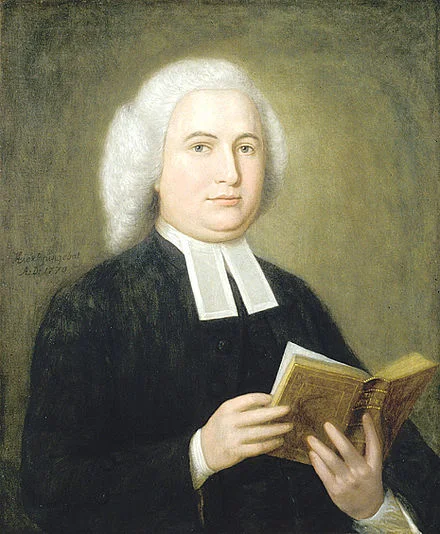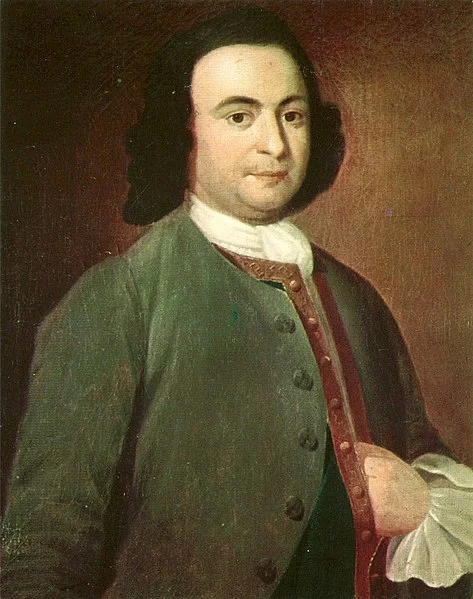George Plater and the Mississippi Land Company
George Plater was the sixth Governor of Maryland.
Plater also spent over a decade as Speaker of the House for Maryland’s State Senate.
His investment in the Mississippi Land Company is an interesting demonstration about the adverse effects of the Royal Proclamation of 1763.
Mississippi Land Company
During the 1750’s, several land patent companies sprung up in an effort to make western properties profitable for their owners. Many of the wealthy men of colonial America had investments in these properties.
One of these men was George Plater.
The business with which Plater had invested was styled the Mississippi Land Company. The charter of this institution demanded that the owners continue to put money toward its success until it became profitable.
By 1767, Plater had stopped paying his share.
The Royal Proclamation of 1763
George Plater’s decision to limit his investment is not too surprising.
The French and Indian War began, in no small part, to the French encroaching on these investment lands. In fact, when George Washington’s men fired the first shot of that war, they had gone to the area specifically to ask their neighbors to leave.
When the war drew to a close, King George issued the Royal Proclamation of 1763 which denied citizens from accessing properties west of the Appalachian Mountains.
After four years of being refused permission to use the land he owned, it is easy to see why Plater and several other men gave up on the chance of making any money on the Mississippi Land Company.
Revolutions in Industry
While today we think of high taxes as the main reason for the American Revolution (and surely it was important), this denial of western lands was extremely important to the rebellious ideals of wealthy Southerners. Keep in mind, George Washington, Richard Henry Lee and Francis Lightfoot Lee were all members of the Mississippi Land Company (as well as other businesses of the same nature).
George Plater was not viewed by his contemporaries as some derelict. Quite the opposite.
Almost twenty years later he would be recruited by these same men to assist in creating the Potomac Company. This company was an ambitious attempt to make the Potomac River navigable further inland, increasing property values while boosting the economy of the interior.
George Plater
To further elaborate on the respect George Plater’s fellow Founders had for him, we should dive deeper into his Revolutionary Credentials.
Plater was chosen to sit on the committee which drafted Maryland’s first State Constitution. He then spent two years in the Continental Congress, helping to fight the war and create the Articles of Confederation.
George left Congress after two sessions to take a seat in the Maryland State Senate. He was elected President of the Senate and held that title for over a decade.
Plater served at the Maryland Ratification Convention where he supported the Constitution. Four years later he finally left his position as President of the Senate as he had been elected Governor. His time as Maryland’s Chief Executive was short lived, however, as he passed away just six months later.
Not a bad resume for a guy who decided to stop paying his bills.
To learn about other Founders who invested in large tracks of land leading up to the American Revolution, check out my articles on William Bingham and Robert Morris.
If you would like to read more about the Royal Proclamation of 1763 and its effect on the Founders, pick up a copy of ‘Keeping Promises’ from the affiliate link below.
If you are new to this site, please subscribe to our email list for a new Founder every day.






